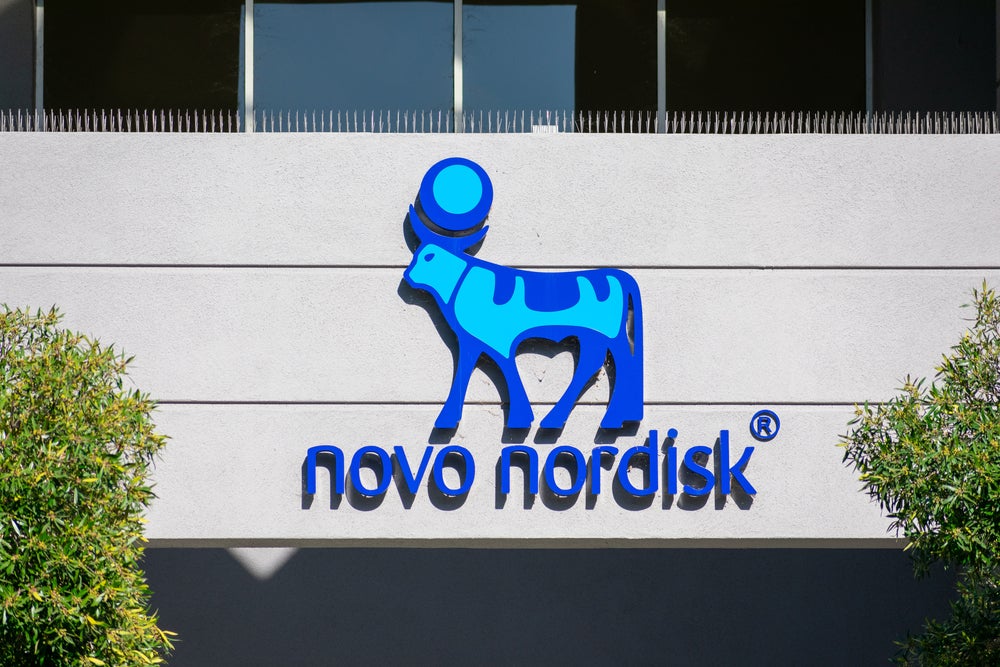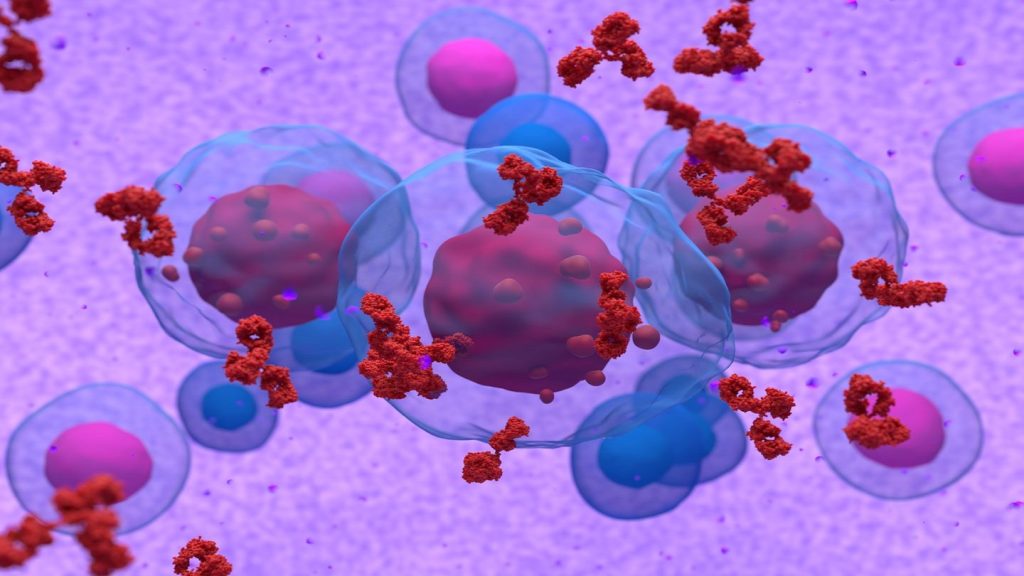Palisade Bio has terminated the development of its lead clinical candidate, tranexamic acid (LB1148), for reducing intra-abdominal adhesions in patients after elective bowel resection surgery.
The news led to a sharp 69% decline in Palisade’s stock at market open on 9 August, compared to market close on the previous day. The company's market cap stands at $4.8m.
Tranexamic acid is a broad-spectrum serum protease inhibitor. It reduces damage to the intestine by neutralising digestive enzymes.
The drug was investigated for the indication in a randomised, placebo-controlled, multicentre Phase II clinical trial (NCT02836470) that failed to meet its primary endpoint. Furthermore, 16 serious adverse events were observed in the tranexamic acid group, compared to 14 events in the placebo group, as per the press release.
The clinical trial was wrought with difficulties. It was paused in July 2020 due to Covid-19, leading to low patient recruitment. After its restart in May 2022, the study’s protocol was changed to investigate the use of LB1148 in reducing adhesions from its original indication of the return of gastrointestinal function in patients post-elective bowel resection surgery.
Tranexamic acid is also under development for post-operative ileus and accelerating the return of bowel function post-abdominal surgery.
Palisade has a development and licencing agreement with Newsora for the tranexamic acid programme in China. The agreement grants Palisade clinical, regulatory, and commercial milestone-based payments, as well as tiered royalty payments for net annual sales in greater China.
Palisade reduced its workforce by 30% at the start of 2023, as part of a cost-reduction strategy. As per the company’s 2022 financial report, it has cash reserves of $12.4m to fund its operation to mid-2024.















